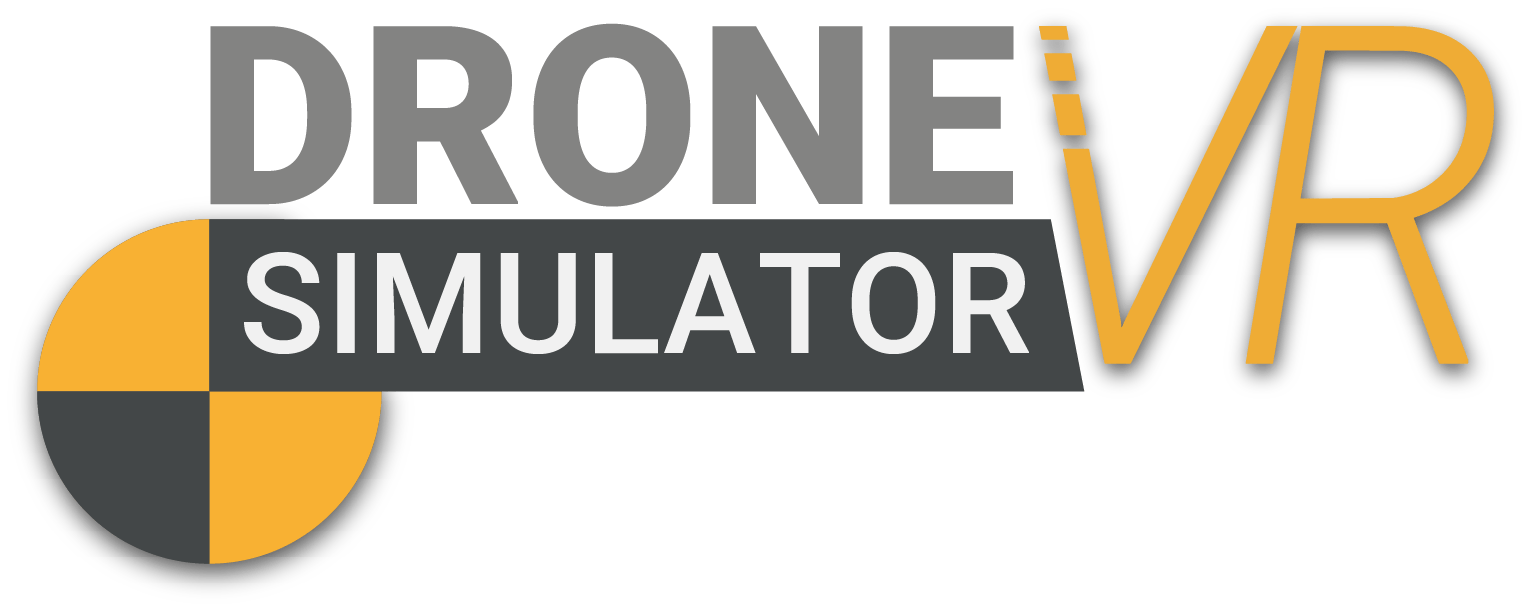Documentation
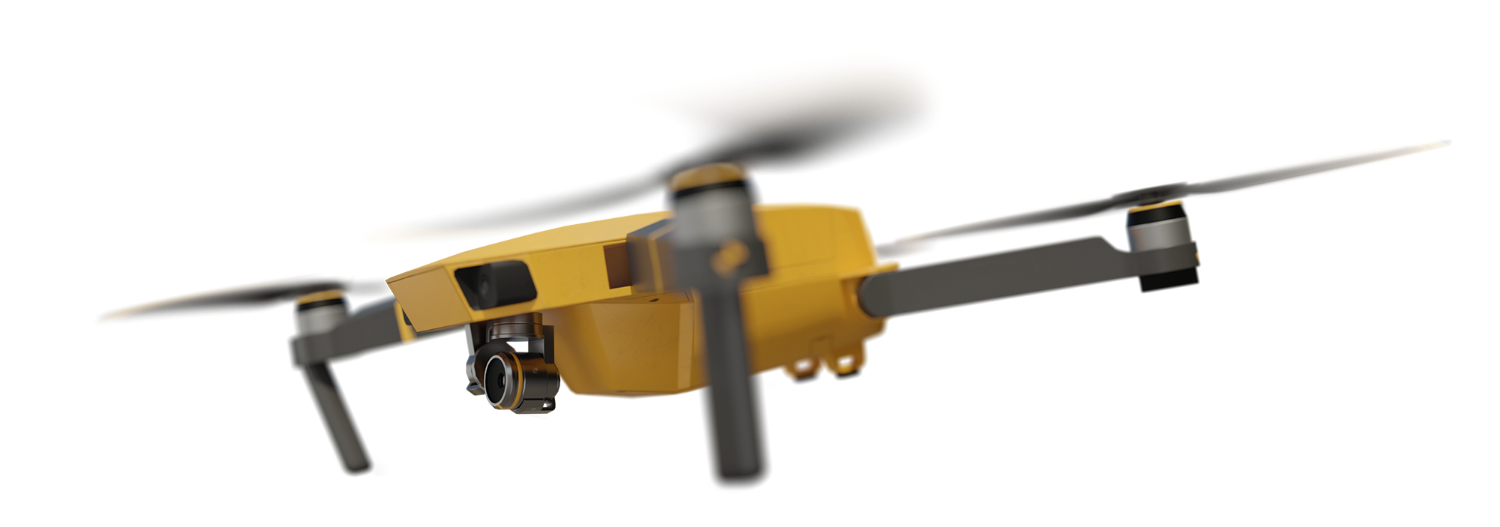
Movement and Keybindings
The user can adjust the control mode, which changes the function of the joysticks, via the control panel. The graphic is available in different control modes, but the one shown currently has Mode 2 active, as it is the default setting.
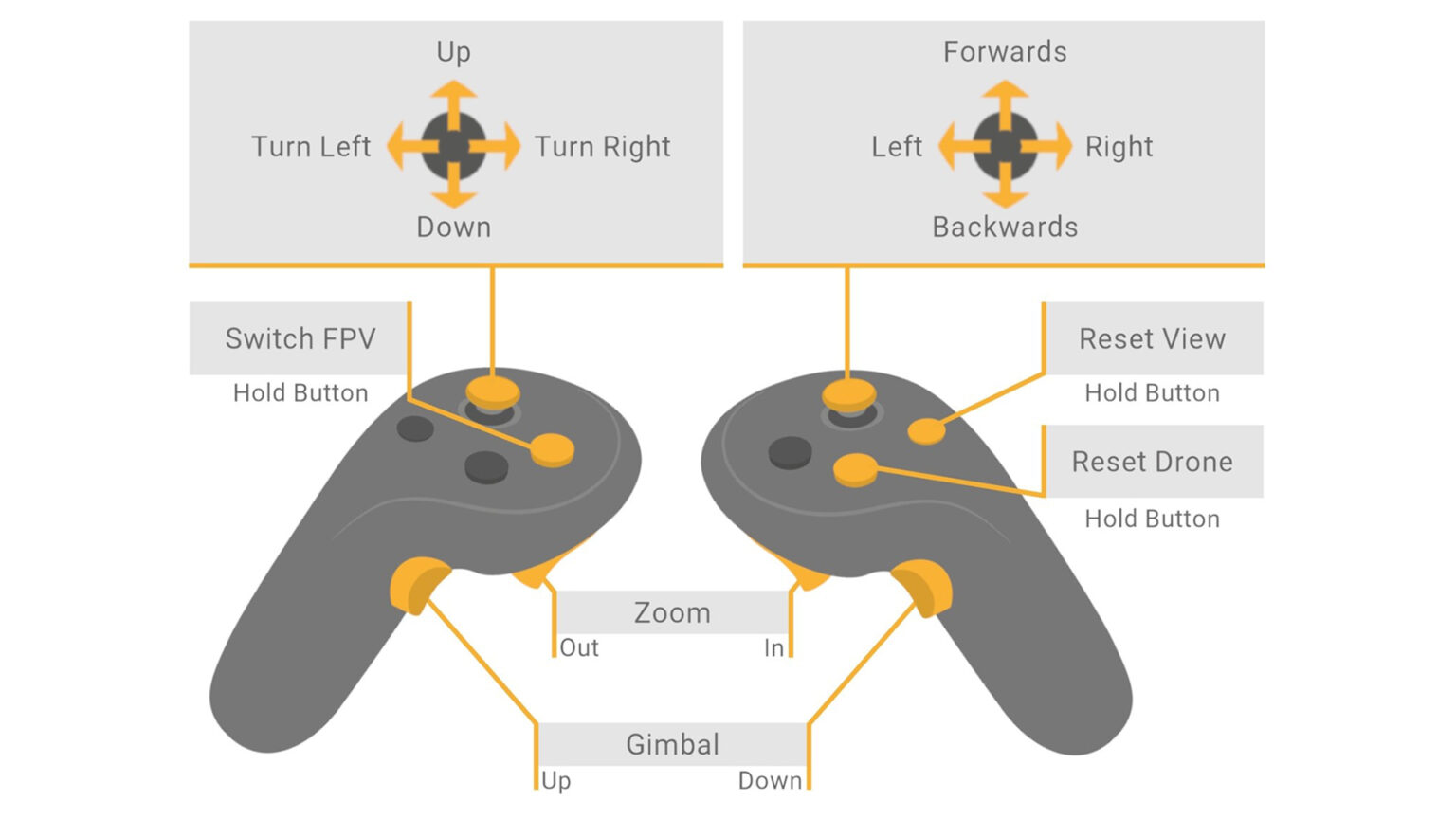
Downstream Monitor
The downstream monitor is attached to a tablet located on the right virtual controller. It displays the image from the camera mounted on the drone’s gimbal.
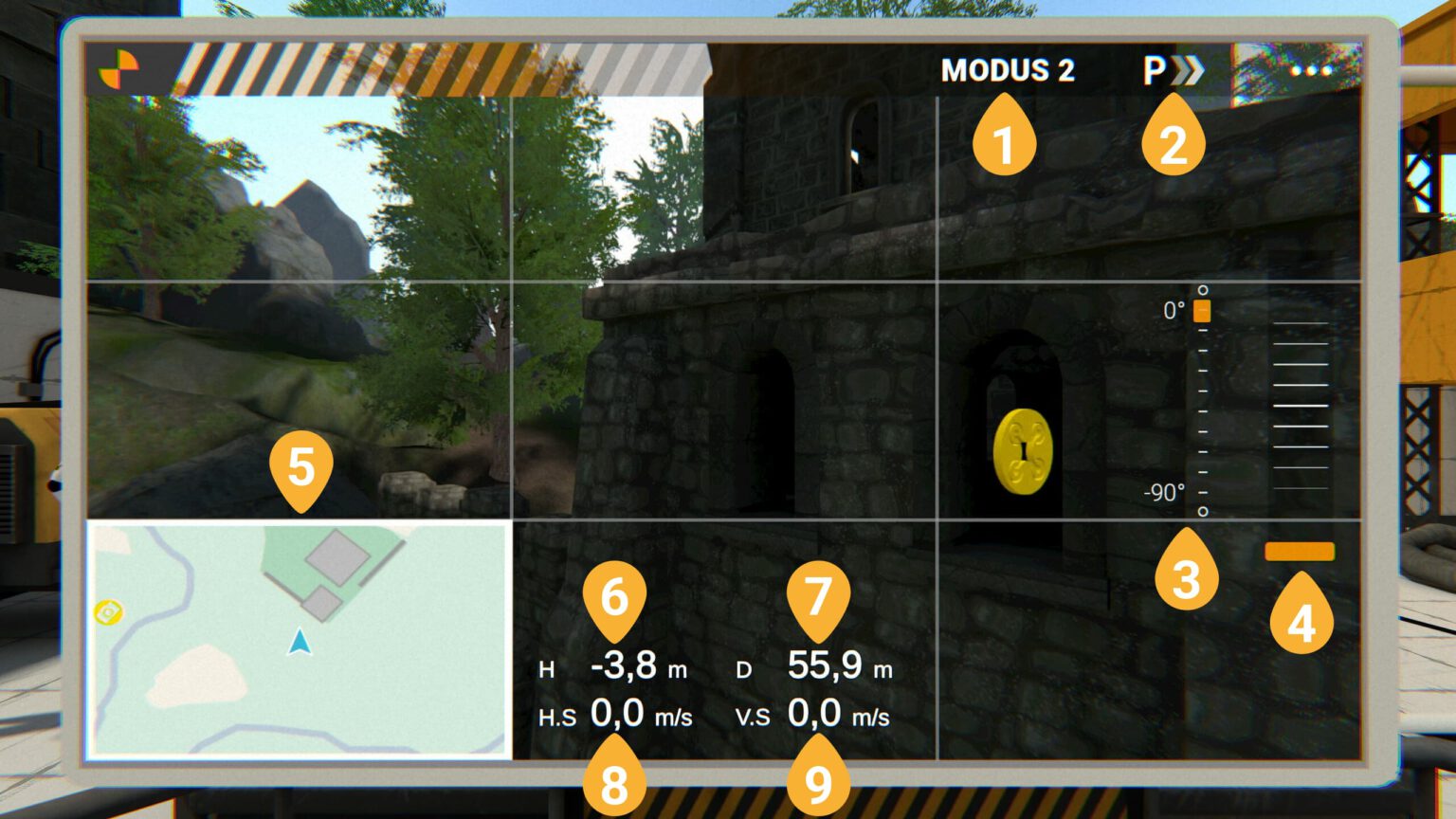
1. Control Mode
2. Flight Mode
3. Gimbal Angle
4. Zoom Factor
5. Minimap
6. Altitude Indicator
7. Distance to Starting Point
8. Horizontal Speed
9. Vertical Speed
First-Person-Mode
The user can switch to the drone’s first-person view by holding the primary button on the left controller for about two seconds. The same input or the destruction of the drone will exit the first-person mode.
To operate the control panel, the user must exit FPV mode. However, all other functions remain available while in FPV mode.

Overview
The user is always constrained to the platform on the left. From there, they can interact with the control panel, track their progress across various environments, view the drone’s location on the map, and maintain a clear view of both the hangar and the drone itself. After a collision or a reset, a new drone is automatically provided from the hangar.
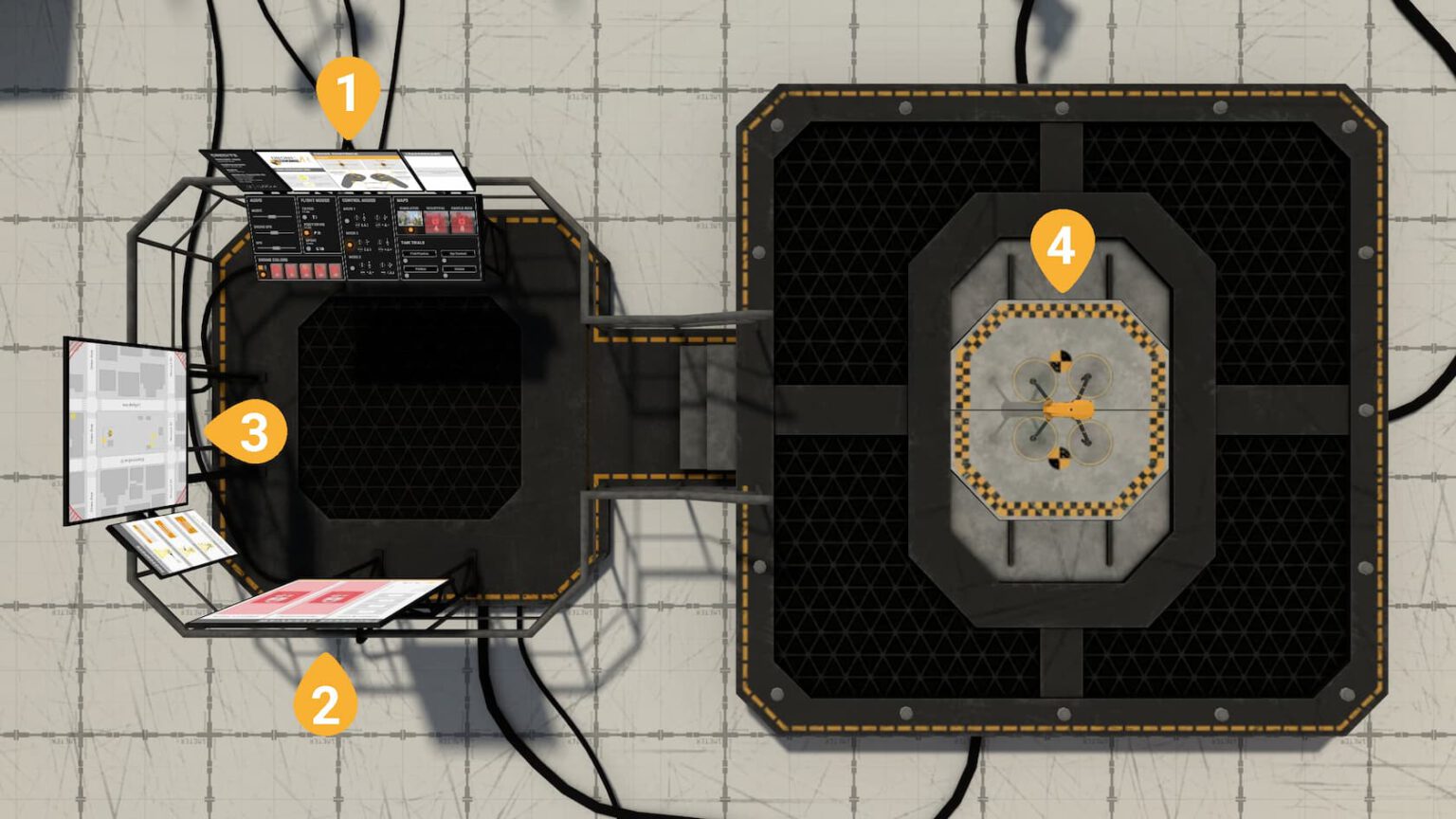
1. Control Panel
2. Progress Overview
3. Minimap
4. Drone Hangar
Control Panel
All settings and functions can be controlled via the control panel. When the user moves one of their virtual hands near the panel, an extended index finger automatically appears for interaction. This finger can be used to interact with buttons and sliders to operate the control panel.
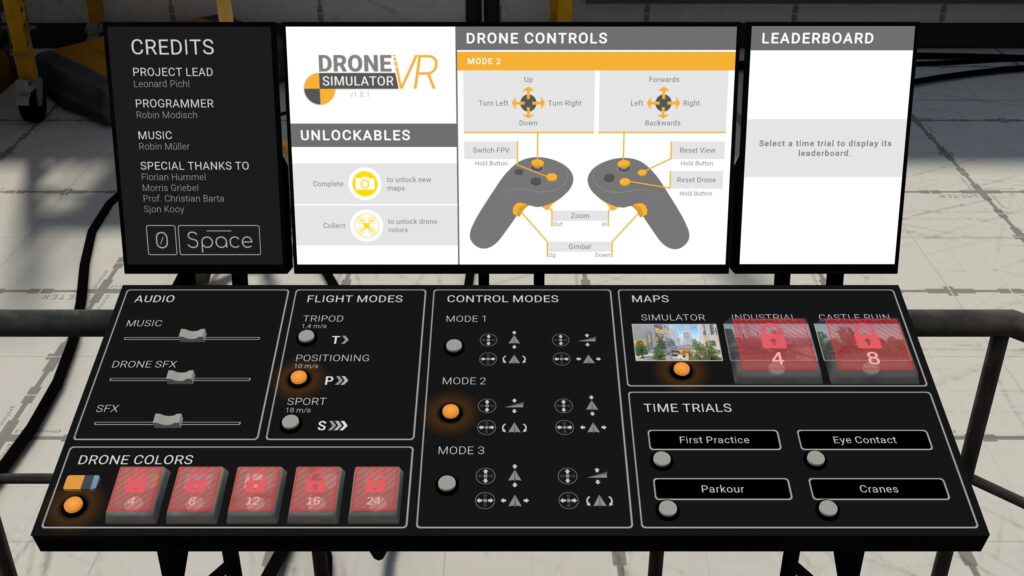
Audio:
Audio settings can be adjusted using sliders. Background music volume, drone sound effects and environmental sounds can each be controlled separately.
Drone Color:
Drone colors unlocked during gameplay (by collecting collectables) can be selected here.
Flight Modes:
Tripod: Slow but precise control (perfect for photospots)
Positioning: Medium speed with good control (Default)
Sport: Maximum speed (perfect for setting time trial records)
Control Modes:
Mode 1: Alternative control mode
Mode 2: Standard mode for camera drones
Mode 3: Commonly used in racing drones
Maps:
Maps are unlocked by discovering photospots. The user can choose between Simulator, Industrial and Castle Ruin as the active map.
Time Trials:
The user can select one of the four time trials available for the active map. The start checkpoint of the selected time trial is located near the user area and is shown on the minimap. The race is canceled when the same button is pressed again or the drone has crashed.
Leaderboard:
The leaderboard displays the best times of users worldwide. The user’s own best time is highlighted in yellow and always visible. Times achieved by friends are marked in green and are also shown permanently.
Progress Overview
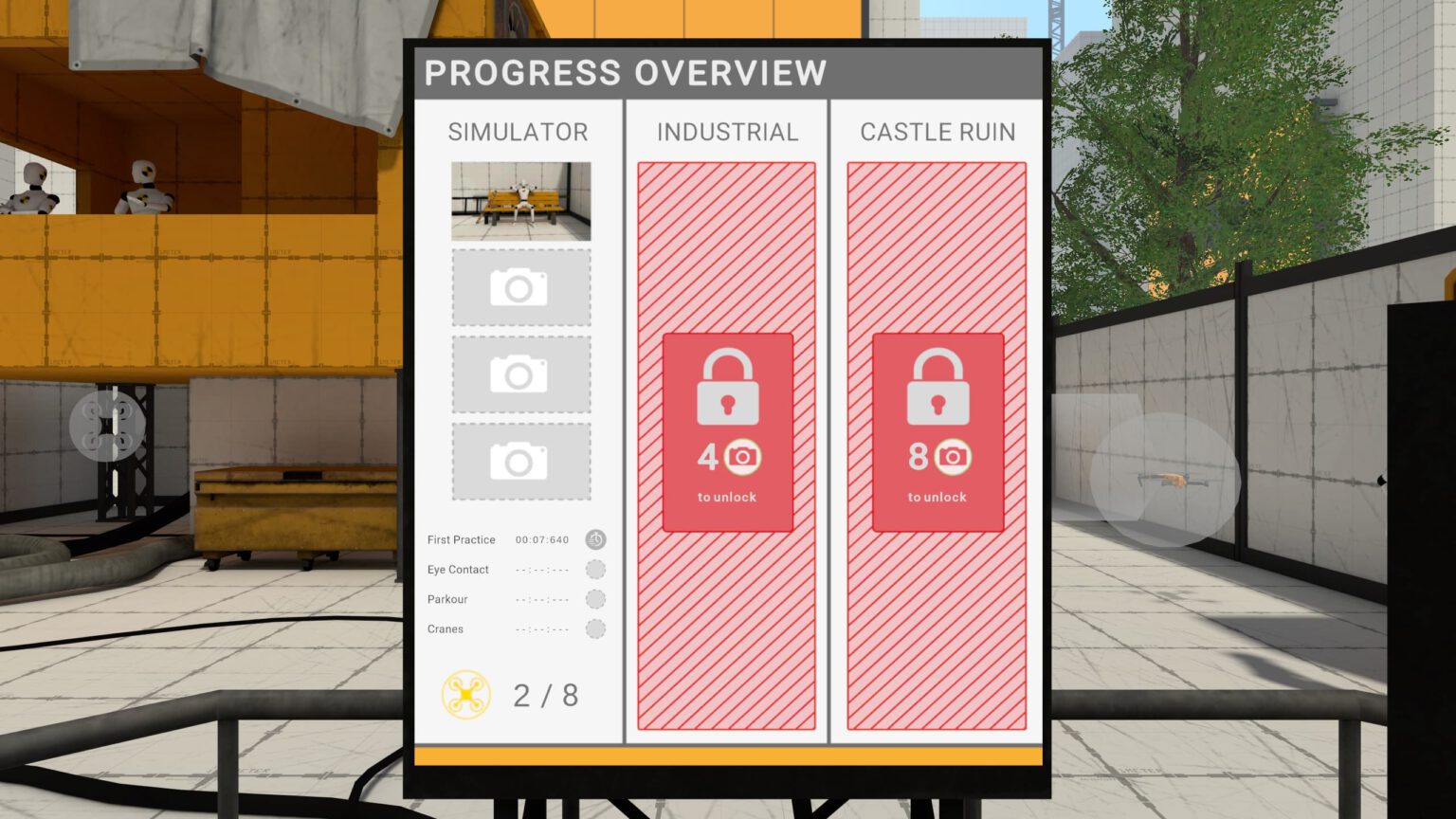
The progress overview displays what the user has already achieved.
The display is divided into three vertical columns, one for each map. Each column contains four slots for photos. Once a photospot is completed, the corresponding photo appears in the slot.
Below, the user’s best times in the time trials and the medals earned for them are shown. At the very bottom, there is an overview of how many collectables have already been gathered in the respective environment.
At the start, only the left column is visible. The remaining columns are unlocked once the corresponding environments have been accessed.
Minimap
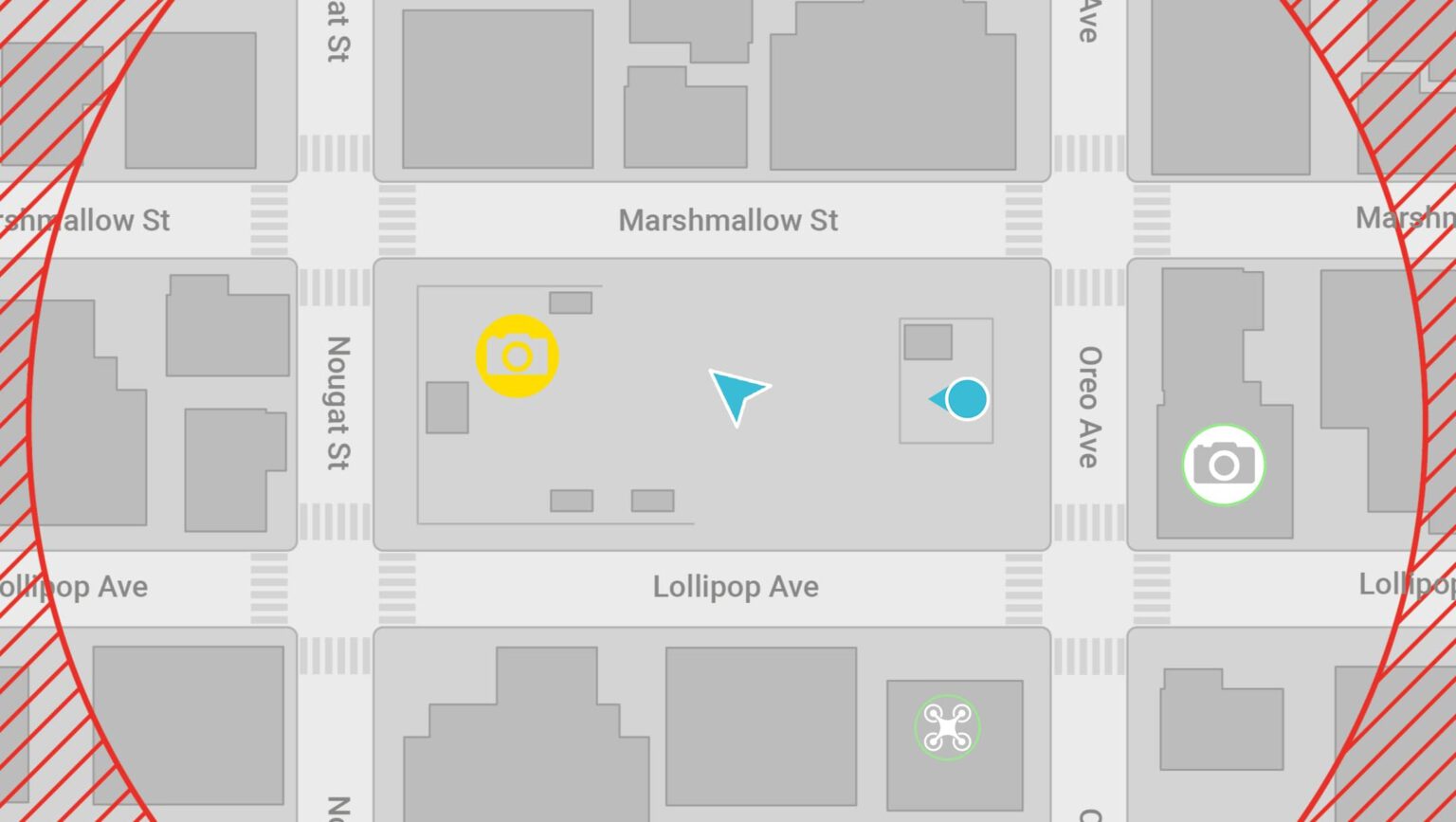
The minimap displays all relevant positions in real time. Collectables only become visible after they have been collected.
Legend:
Drone Position
User Postition
Photospot
Completed Photospot
Collected Collectable
Photospots
By completing photospots, additional environments are unlocked. There are four in each map.
When the drone approaches a photospot, a small table appears. It shows which of the three required factors have been fulfilled by lighting up yellow.
Position: The drone must be positioned within the yellow sphere, as close to the center as possible.
Angle: The camera is adjusted horizontally by rotating the drone and vertically via the gimbal.
Zoom: The zoom level must be set so that the visible section of the image exactly matches the frame of the photospot.
Once all three factors are correctly set, all fields in the table light up simultaneously, and the photo is taken automatically. Once four photospots in a map have been completed, the next map is unlocked.
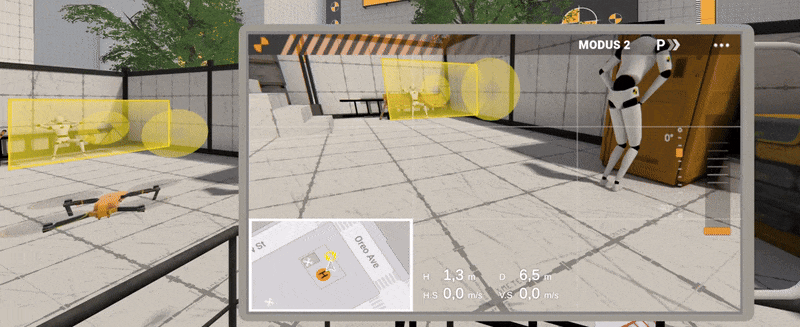
Collectables
Each map contains eight hidden collectables that are collected by touching them with the drone. For every four collectables gathered, an additional drone color is unlocked.
Collectables that have already been picked up are greyed out and cannot be collected again.

Time Trials
Each map offers four different time trials with the goal of flying through all checkpoints in the given order as quickly as possible.
The currently active checkpoint, which must be passed next, is highlighted with a yellow ring. All checkpoints are also visible on the minimap.
If the drone is destroyed during the race, the time trial ends automatically. After resetting the drone, the race can be restarted by flying through the start checkpoint again.
The user can abort the active time trial by pressing the highlighted button again.

Still questions?
Reach out to us for support, feedback, or collaboration. We’ll get back to you shortly.
You can reach us at info@0space-studios.com
